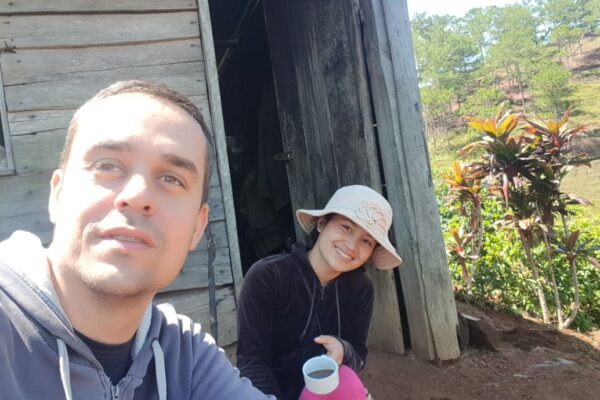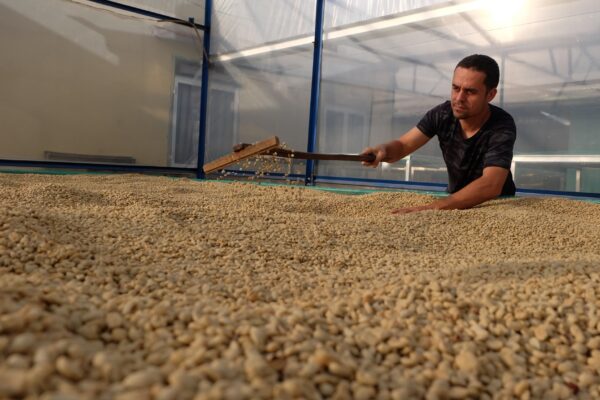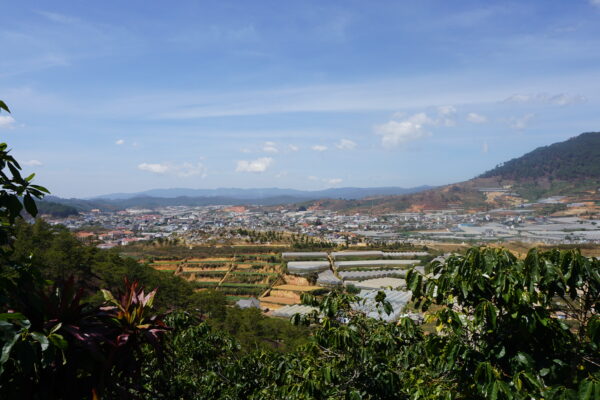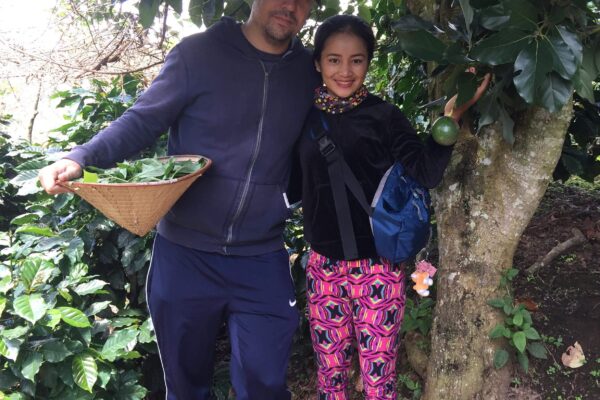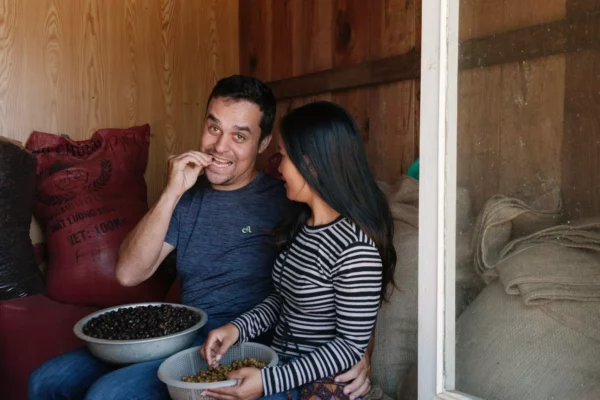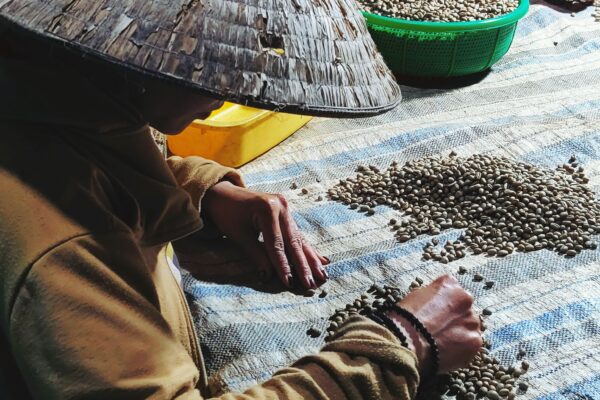Behind the Beans: Marián Takáč, Founder of Zanya Coffee, Vietnam
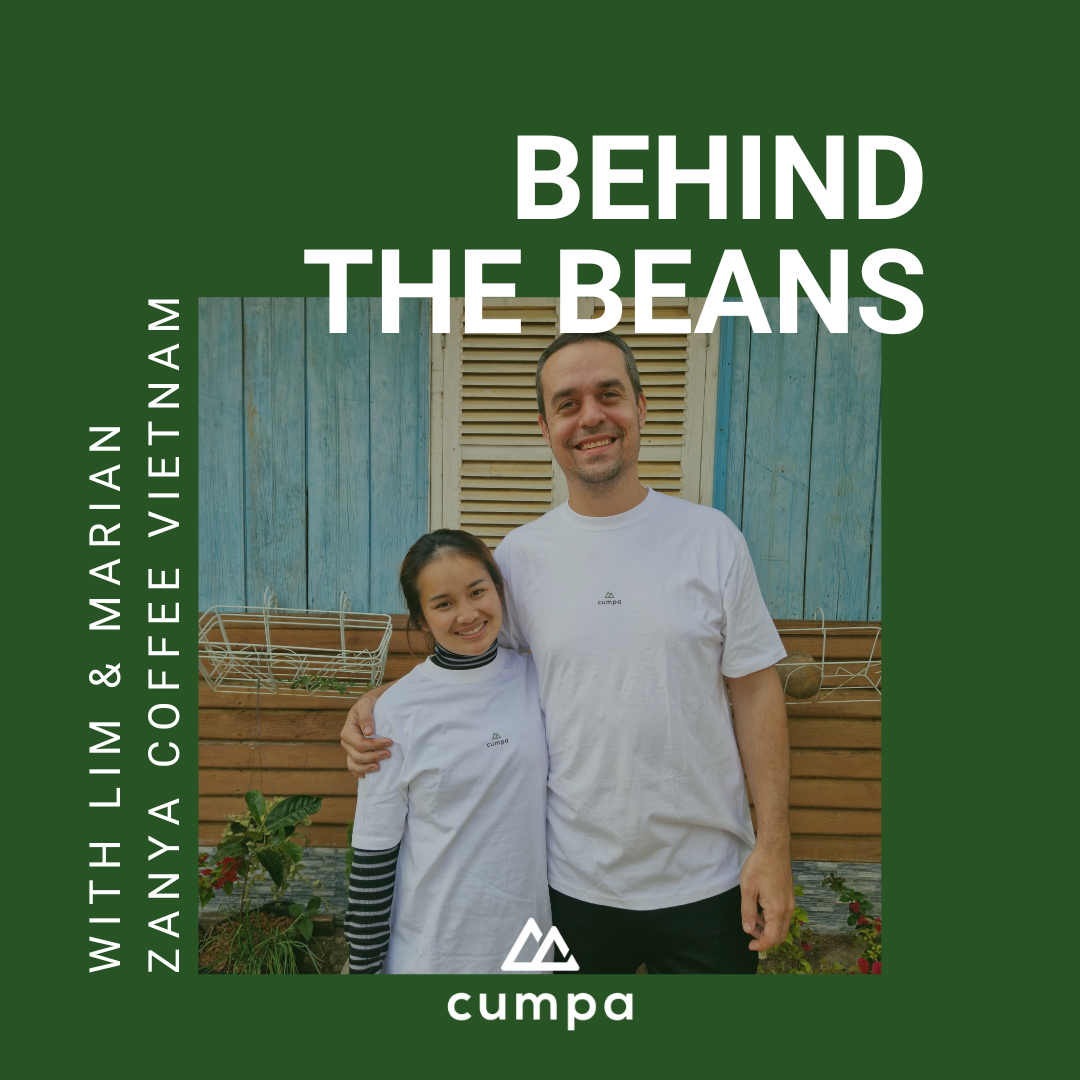
About “Behind the Beans”
Since the founding of cumpa, we have already met many exciting personalities from the coffee world and made friends. In “Behind the Beans” we want to introduce you to them and take a look behind the scenes together. For our latest issue, we interviewed Marián Takáč, the founder of the specialty Arabica forge from Da Lat, Zanya Coffee. The Slovakian never had the plan to produce Specialty Coffee, but has now been at it for almost 7 years, developing some of the best Arabicas from all over Vietnam. Here is the interview with our friend and partner:
Behind the Beans: Marián Takáč, Gründer von Zanya Coffee, Vietnam
What is your relationship with cumpa?
I met Daniel a few years back on his trip around Vietnam. Paul, who is now working with Cumpa, introduced us. We spent some time at our processing facility under the Lang Biang Mountain, visited farms and introduced the Kho ethnic minority who is growing coffee here. Since then, it will be our 4th season working together and exporting our coffee to Cumpa.
How did you get into the coffee industry?
On my Vietnam vacation I met a girl, who happened to be from a coffee farming family. I decided to stay longer and slowly became very curious about how coffee production works. After spending some time with farmers in the mountains, it was very apparent that the majority of people were focused on quantity instead of quality. After coming across the term “specialty coffee” I decided to study roasting, processing and my wife Lim became a barista in a coffee shop. Later we moved back to Lim´s hometown and started processing our own coffee with her family.
What do you like about the specialty coffee industry?
I like how complex specialty coffee industry is and how quickly it is developing. What was considered “right” a few years back, today can be completely different, also thanks to the new technology. We have to constantly learn, adapt, be open minded and improve ourselves. Also meeting a lot of new and passionate people through specialty coffee.
What do you want to achieve with coffee?
I would like to show local people that coffee farming can still be very lucrative by creating more streams of income (intercropping, agritourism, raising animals etc…). One of the goals is also to bring more transparency and traceability to the coffee world. Being able to have open conversation with everybody involved from the farms until the end customer means we are able to allocate funds effectively where they are most needed at the moment. Ensuring improving quality every year and long-lasting relationships.
What does (specialty) coffee mean to you?
I imagined a future where I can travel anywhere in the world, searching for some specialty café or roastery, most likely having a nice conversation with intelligent, like-minded people. As well as visiting many origins, farms and producers while using the knowledge about how coffee production chain works to improve the quality of their coffee and lives.
What is the craziest thing that has ever happened to you with coffee? (your personal coffee highlight)
I still remember how Lim´s family looked at me when we decided to process the coffee in the first season instead of just selling coffee cherries. When we started to do extensive selection of only ripe fruit, cleaning, floating the cherries and building drying beds instead of spreading coffee on the ground. Later defect sorting the coffee, taking care of packaging and storage conditions. Back then I was considered crazy for doing this “extra” work.
Looking at our 5th season when our family considers all of this as normal and automatic because they see the improvements in their lives bring the sense of accomplishment that all the effort was worth it.
Which coffee prejudice would you like to dispel?
As I mentioned above, the coffee industry is evolving very quickly. I learned to never say never and always keep an open mind. So just to name a few.
- Certain varieties are not being able to produce good quality coffee.
- Coffee must be slow dried for green bean longevity.
- Fermentation must be done in a low temperature and controlled environment.
- Too fast/slow roast or too short/long development cannot be good, judging the roast just by the roasting curve or profile.
The truth is always in the cup.
Which coffee highlight are you currently looking forward to the most?
It will be 7 years since I visited my home country Slovakia. This summer I finally plan to come back and meet for the first time a lot of people I have been working with for a few years. Looking forward to learning how is the coffee culture in Europe, exploring cafes, roasteries and telling some stories from the producer point of view.
Thanks for your effort, Marián!
